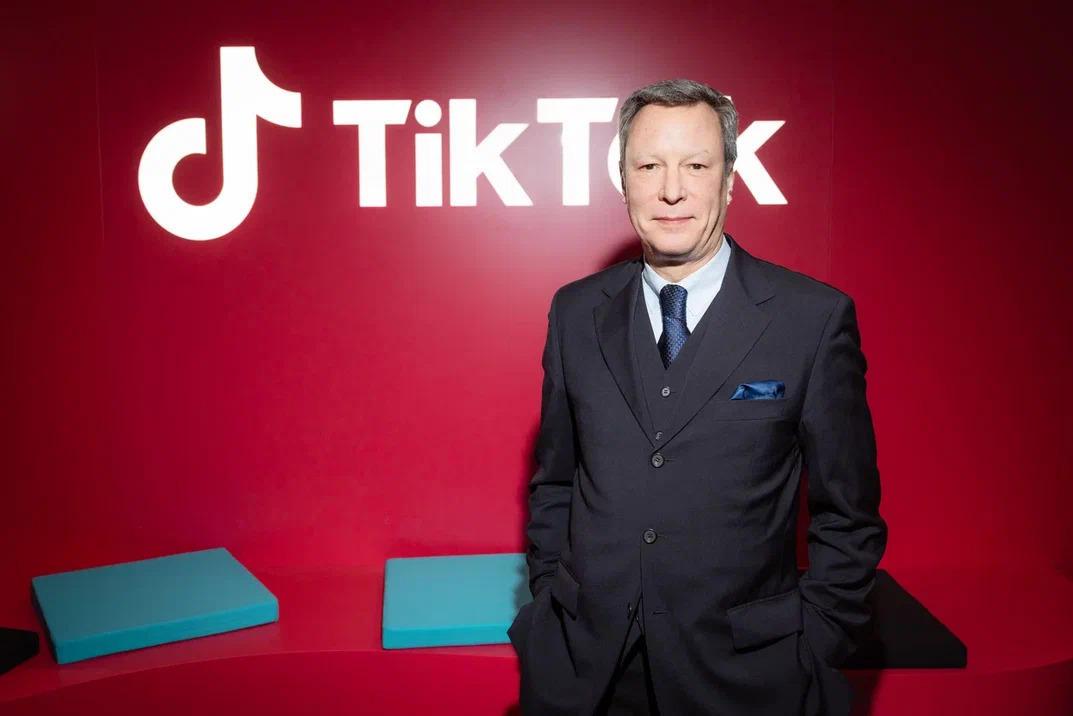- Session 1
- Session 2
- Session 3
Innovative Approaches: Media Literacy in the Digital Age
Today, technological progress enables the automation of information creation and transmission processes, as well as the verification of information and its sources through the use of artificial intelligence and other technologies. At the same time, this progress offers users diverse opportunities to enhance communication processes.
The development of individuals’ critical thinking skills towards information, i.e. increasing media literacy and strengthening the ability to use modern technologies correctly, is considered a key factor in shaping a healthy and reliable information environment on a global scale. These skills are crucial for people to distinguish between correct and incorrect information, to prevent manipulation as well as disinformation, and to demonstrate ethical and responsible behavior on social networks and other digital platforms.
As a solution to the realities created by artificial intelligence in the generation and spread of disinformation, one of the main concepts of modern media, enhancing consumers’ media literacy level and applying innovative approaches in this direction are key steps in establishing mutual trust and confidence within the complex media ecosystem.

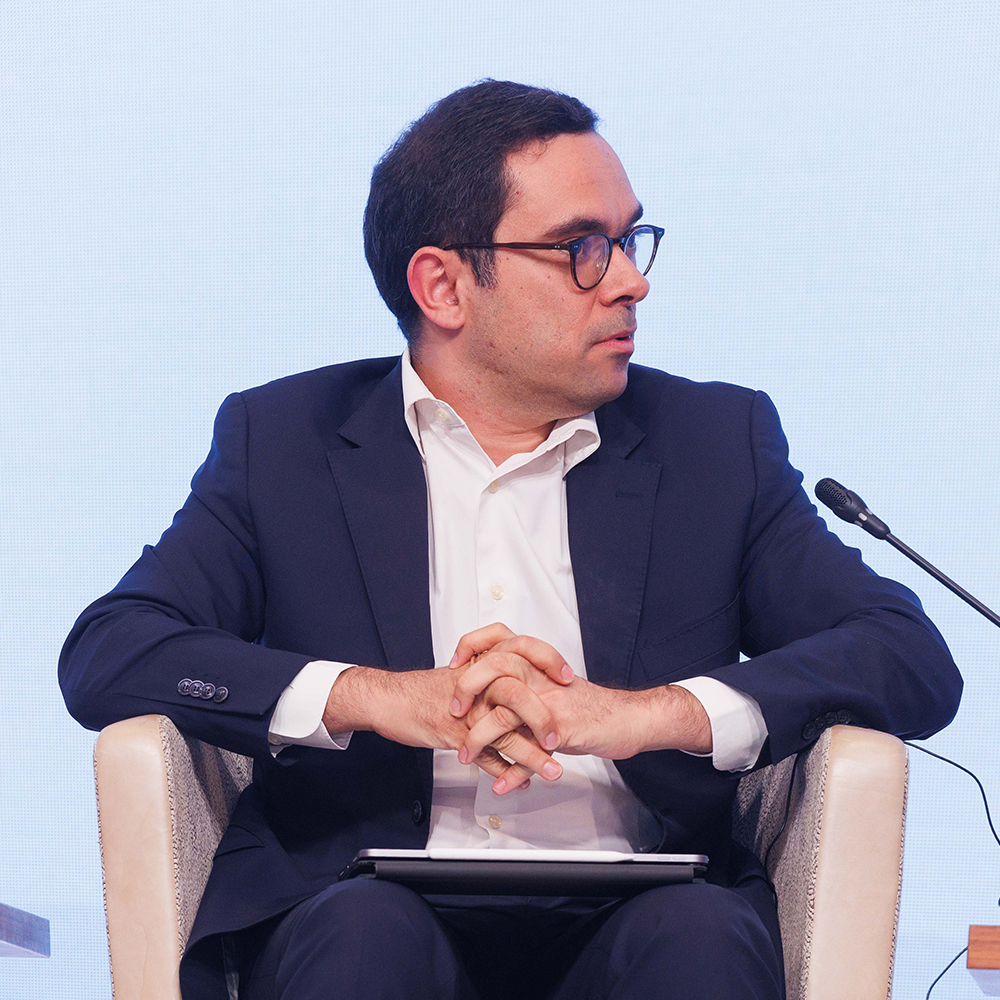
CEO, Euronews Baku
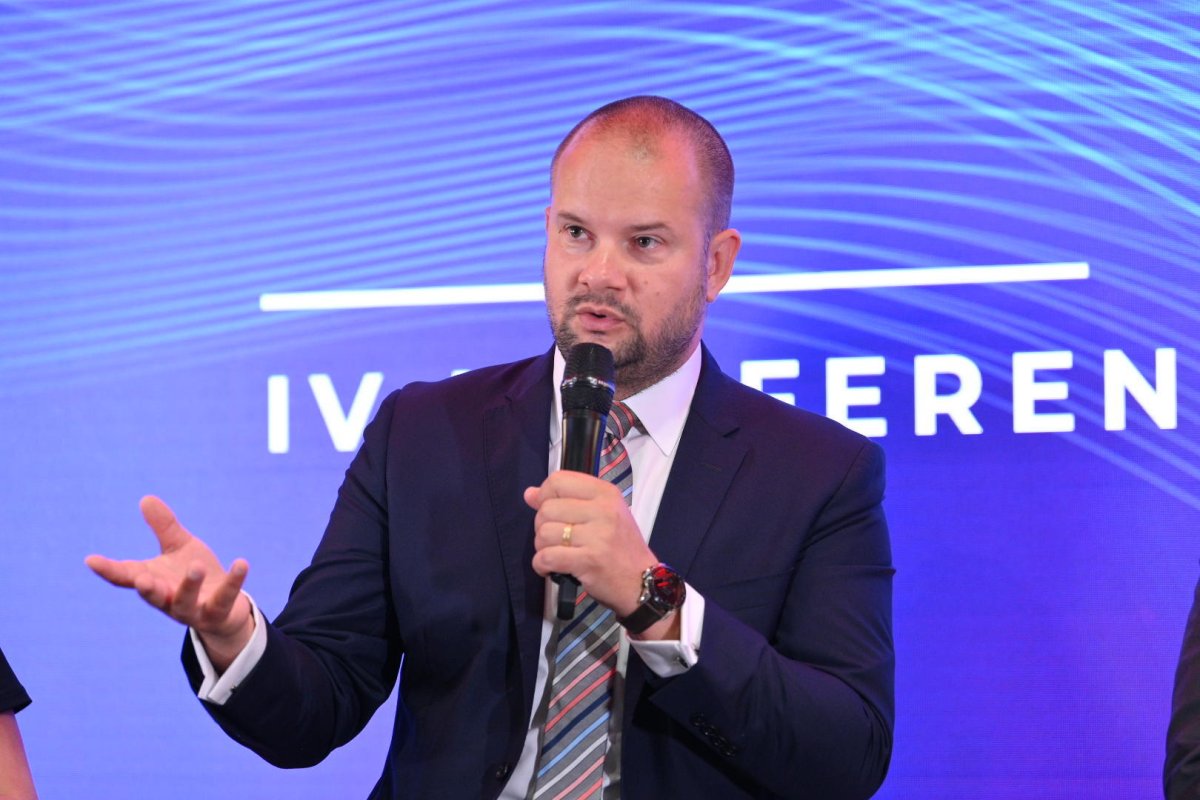

"Qazcontent" JSC

Media Literacy as the Guarantee of Information Security
The modern and dynamic information space, while creating various opportunities for information producers and consumers, also brings with it significant challenges in ensuring information security on both local and global scales.
The impact of mass information, which is spread across different platforms and channels, on a wide audience, together with the public opinion it shapes, has made ensuring information security a key priority for every state, media entity, and other relevant parties. This influence not only shapes individual mindsets and social relations but also significantly impacts political, economic, and cultural dynamics.
As a result, the accuracy, transparency, and ethical conformity of information, as well as the management of its public impact, have become of strategic importance to states and media entities in the modern information environment, necessitating the application of effective collaboration, regulation, and educational approaches.
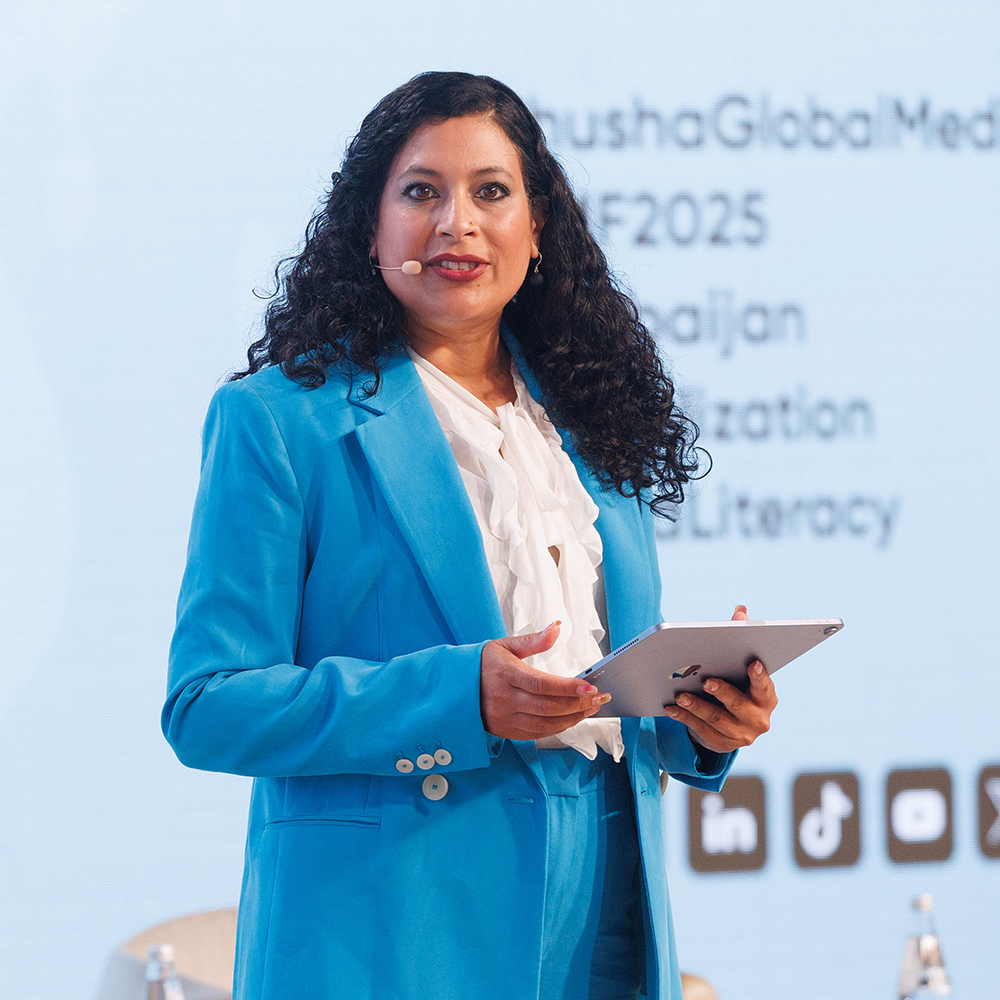

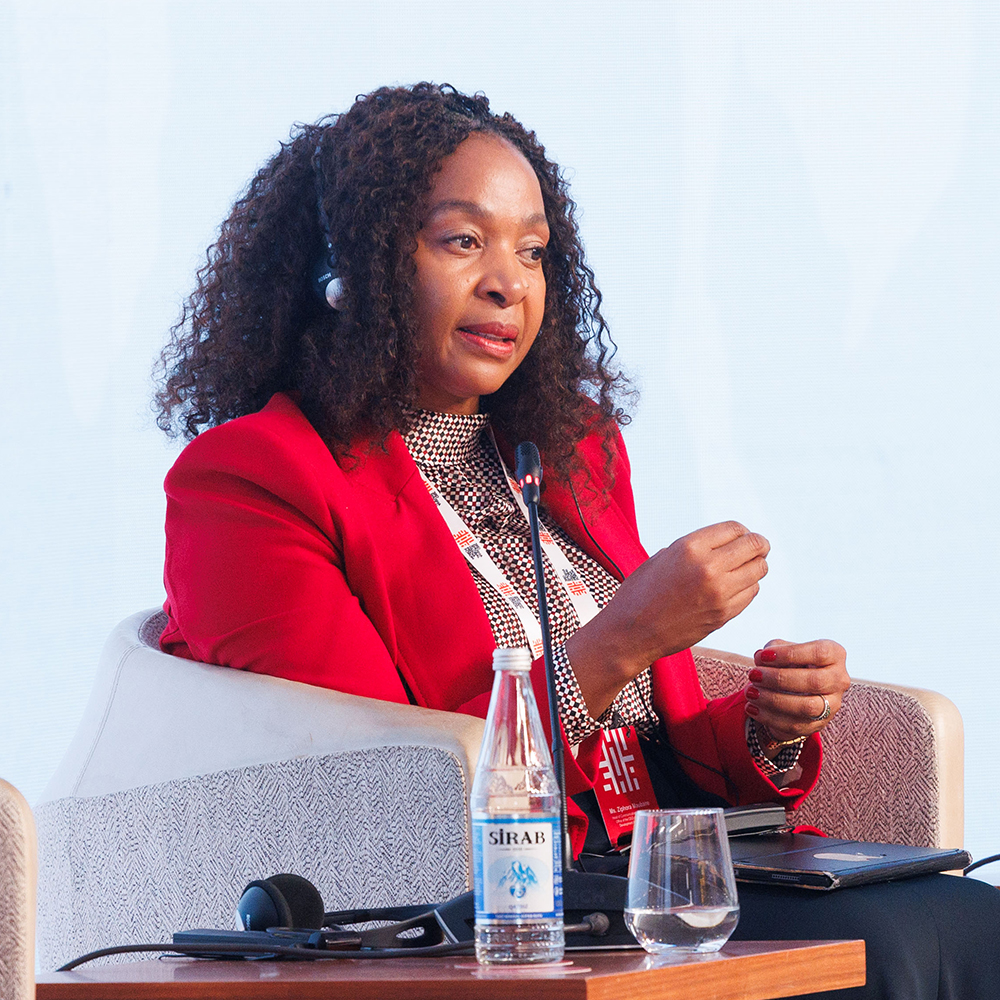
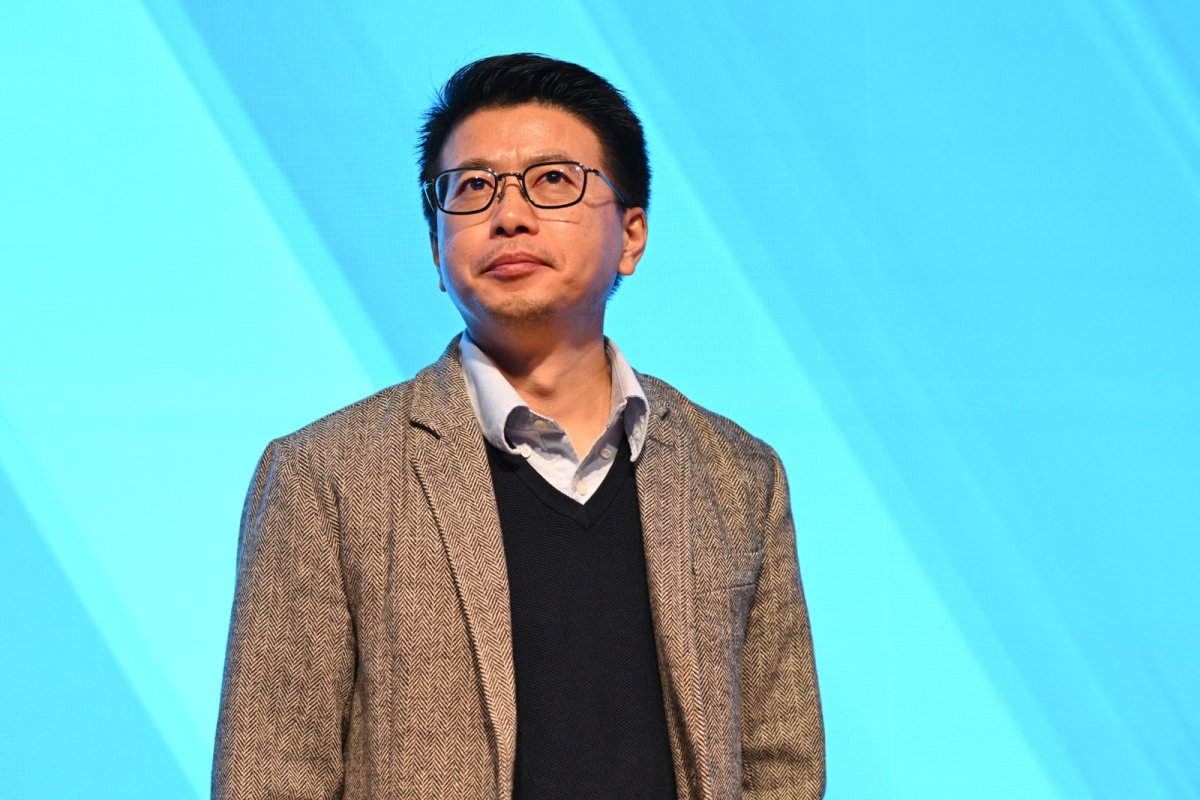
China Media Group

How Social Media Evolution Affects Public Trust: Embracing Media Literacy
Social networks, which possess advantages in terms of accessibility and interactivity and are distinguished by a large user base and the ability to share information in real time, have become a primary resource for information exchange and discussion.
Digital platforms with millions of active users and a significant role in the circulation of information direct public discourse, thereby contributing to the emergence of new behavioral models and significantly impacting the formation of trust and confidence in the media.
The sharp increase in the volume of information, users’ occasional involvement in the dissemination of misleading or deceptive content, algorithm-based content filtering, and selective content recommendations make it necessary to enhance cooperation among the state, society, media, and digital platforms and to establish systematic relationships.
Given the role of social media in shaping political and social narratives, discussions on preserving public trust and confidence in the media, promoting responsible behavior in the digital environment, establishing ethical standards, analyzing the impact of artificial intelligence on content flow, and enhancing social media literacy are of exceptional importance.




